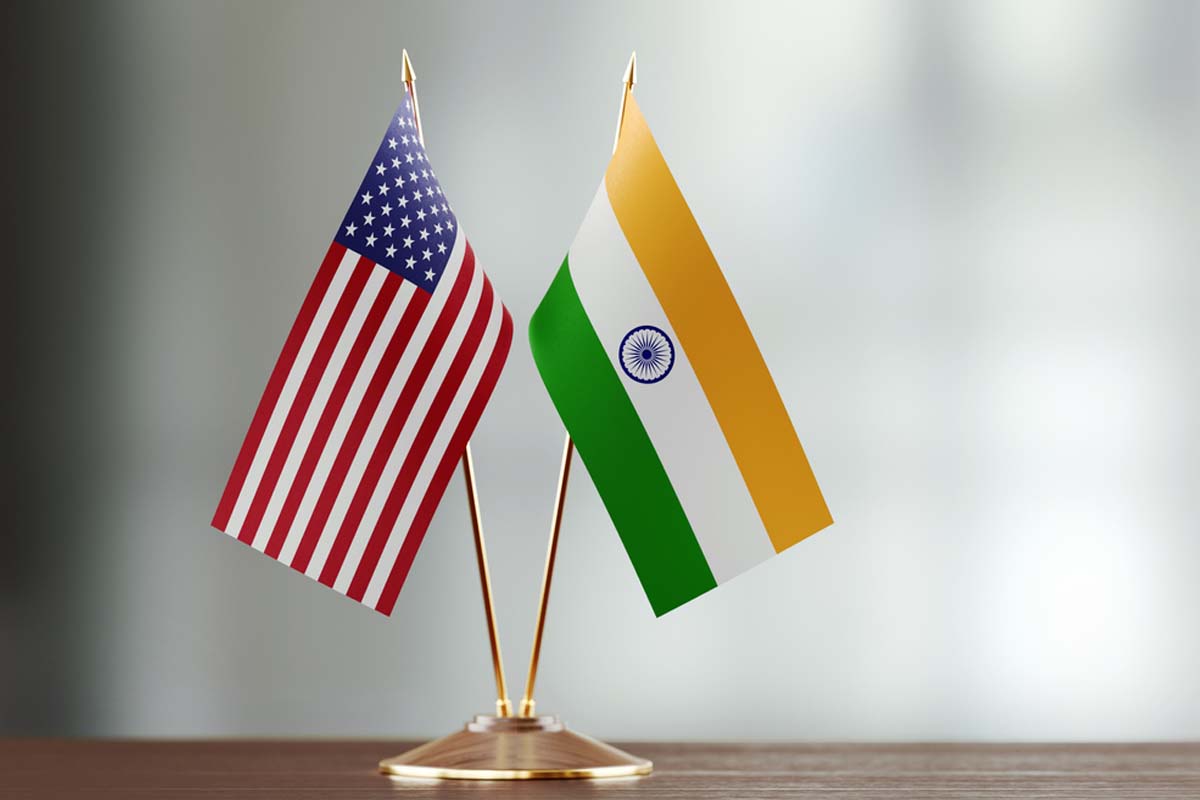Bilateral trade between India and the US is likely to be signed by the end of the year, NITI Aayog member Arvind Virmani said on Friday.
Virmani’s comments came during the release of the government think tank’s ‘Trade Watch July -September 12 FY25’ report.
Advertisement
He also said that five countries gained from that – Taiwan, Vietnam, Thailand, Mexico and India.
He suggested looking for trade agreements with those countries with large shares of manufacturing, which are sources of FDI and which are the headquarters of MNCs as they can act as lead anchor investors.
“The top countries in this context are the US, EU, Japan, UK and S Korea,” he said.
Further, the Niti Aayog Programme Director Pravakar Sahoo said that the US plan to impose reciprocal tariffs will not have much impact on India and create several opportunities for the country.
Compared to Mexico, China and Canada, which account for 50% of America’s total imports, India is favourably placed, he added.
“We are looking at the data at a very dis-segregated level…these are preliminary results, but I can just give you the overview that we are not going to lose. This reciprocal tariff is not going to affect except very specific sectors and in fact, there are opportunities to really capture,” Sahoo said.
NITI Aayog report said that the geopolitical shifts are increasingly shaping the global trade landscape, and tariffs are now the main factor dictating trade patterns.
Tariffs may offer short-term relief, but they raise costs, distort resource allocation, and weaken long-term competitiveness across countries.
History shows that tariff wars have led to higher consumer prices and economic stagnation rather than protecting domestic industries. The economic strategy will involve a detailed analysis of the Reciprocal Tariff Plan’s impact on India, which will bring both challenges and opportunities, it added.
The report added that while this shift disrupts traditional trade patterns, it creates new opportunities for emerging economies like India, particularly in sectors such as pharmaceuticals, IT services, and manufacturing.
However, increasing competition from Vietnam, Mexico, and Poland, along with stringent labour and environmental regulations, requires India to enhance its ease of doing business effectively.
The expansion of BRICS (Brazil, Russia, India, China, and South Africa) to include energy-rich nations like Saudi Arabia, the UAE, Egypt, Iran, and Argentina in 2024 will present both challenges and opportunities for India.









